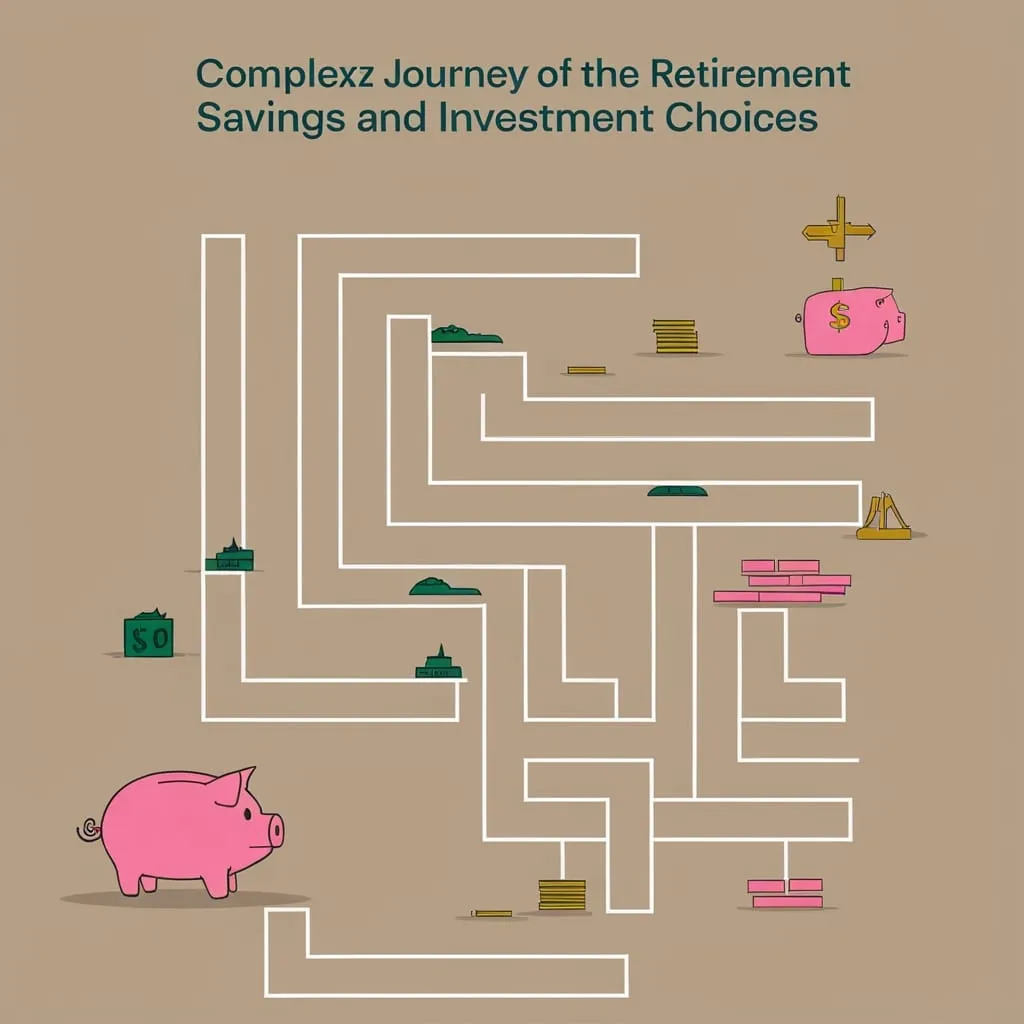In the fast-paced world of finance, where numbers and spreadsheets often dominate our days, it's easy to overlook the emotional and psychological aspects of money management. However, for Priya, a stressed-out financial analyst, the discovery of mindfulness practices became a game-changer in both her personal and professional life.
Priya's journey began with a simple yet profound realization: her financial decisions were often driven by emotions rather than logic. The stress of meeting deadlines, the anxiety of market fluctuations, and the pressure to perform all took a toll on her mental health. It was during one of these chaotic moments that she stumbled upon the concept of mindfulness and its potential to transform her relationship with money.
Mindfulness, at its core, is about being present and fully engaged in the current moment. For Priya, this meant starting her day with a short meditation session. Just 10 minutes of quiet reflection helped her clear her mind and approach her financial tasks with a clearer head. This daily practice wasn't about achieving a specific state of mind but rather about cultivating awareness of her thoughts and emotions.
As Priya delved deeper into mindfulness, she began to apply its principles to her financial decision-making. Before making a purchase or investment, she would pause and reflect on her motivations. Was this expense a need or a want? Was it driven by stress or a genuine desire? This simple act of pausing allowed her to make more intentional decisions, reducing the influence of impulsive emotions.
One of the most significant changes Priya noticed was in her approach to budgeting. Traditional budgeting often feels like a cold, mathematical exercise, pitting income against expenses. However, mindful spending, as Priya learned, involves a deeper awareness of why we spend money. It's about understanding the emotional and personal values behind each purchase. For instance, instead of just categorizing expenses, Priya started using a kakeibo, a Japanese budgeting tool that encourages users to reflect on their spending habits and align them with their personal goals and values.
This mindful approach extended to her professional life as well. When analyzing complex financial data, Priya found that her newfound focus helped her stay calm and avoid the common pitfalls of emotional decision-making. She could sift through numbers without getting overwhelmed, identifying patterns and opportunities that might have otherwise been missed.
Client interactions also became more effective. By being more present and aware of her clients' emotional states, Priya could tailor her advice to their unique needs and concerns. She learned to listen more intently, understanding the underlying fears and aspirations that drove their financial decisions. This empathetic approach built stronger relationships and led to more satisfied clients.
Investing, another critical aspect of financial management, also benefited from Priya's mindfulness practice. She realized that many investment decisions are clouded by emotional biases – the fear of loss, the excitement of potential gains, or the anxiety of market volatility. By cultivating a calm and non-reactive mindset, Priya made more informed investment choices. She focused on long-term strategies rather than reacting to short-term market fluctuations, which often lead to poor decisions.
Moreover, mindfulness helped Priya understand her own emotional attachment to money. She reflected on how her early experiences and family values had shaped her relationship with finances. Recognizing these influences allowed her to break free from limiting beliefs and develop a healthier, more balanced approach to money.
For many, the idea of integrating mindfulness into financial management might seem unconventional, but the benefits are undeniable. It's not about abolishing thoughts or emotions but about becoming aware of them. This awareness enables you to make decisions that are more aligned with your values and goals.
Incorporating mindfulness into your daily routine can be as simple as dedicating a few minutes each day to reflection. It could be as straightforward as pausing before making a purchase or taking a few deep breaths before diving into financial analysis. These small practices can lead to significant changes in how you manage your finances.
Priya's story is a testament to the power of mindfulness in transforming financial decision-making. It challenges the traditional notion that financial success requires constant hustle and stress. Instead, it suggests that a calm, present-focused mind can be the ultimate tool for financial wisdom.
As you consider your own financial journey, remember that it's not just about the numbers; it's about the emotional and psychological context in which those numbers exist. By embracing mindfulness, you can develop a more intentional, balanced, and fulfilling relationship with money – one that aligns with your true values and aspirations.
In the end, Priya's journey taught her that financial success is not just about accumulating wealth but about living a life that is rich in purpose and clarity. And for anyone willing to take the first step, mindfulness can be the key to unlocking this deeper understanding of money and its role in our lives.






